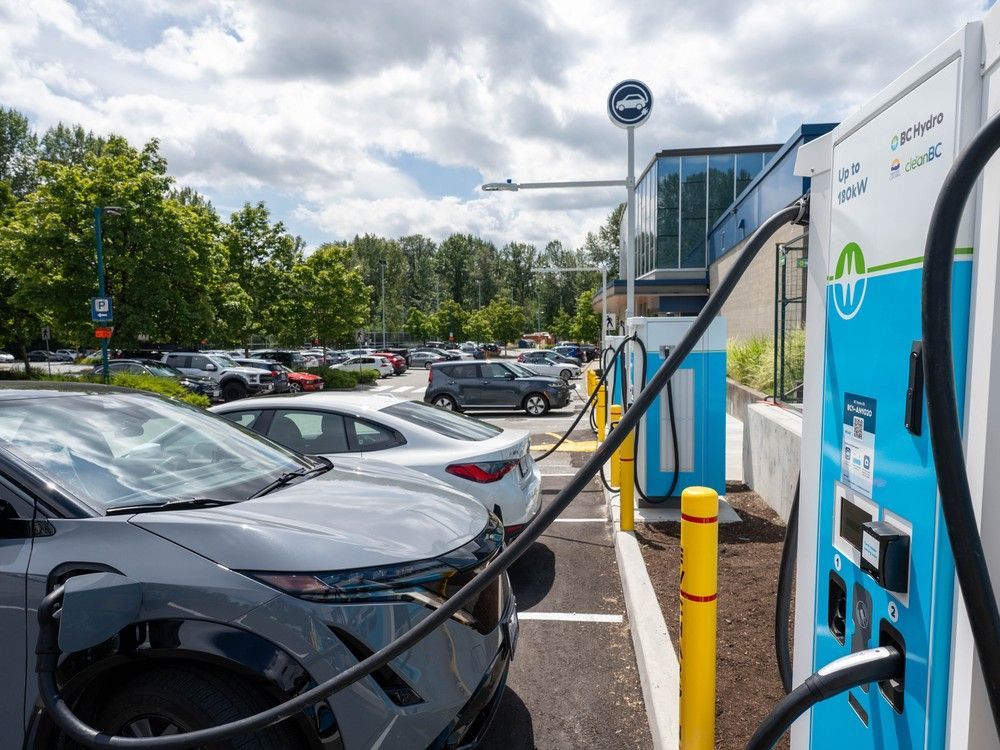India stands at a critical juncture in addressing climate change, as it grapples with the dual challenges of rapid population growth and increasing vulnerability to climate-related disasters. The urgency for resilience is underscored by the stark reality that delayed action will only exacerbate economic losses and social upheaval. With the country being one of the most affected by climate impacts, prioritizing climate resilience is not merely an environmental imperative but a socio-economic necessity. The stakes are high; failure to act decisively could lead to catastrophic consequences for millions, undermining development gains and threatening national stability.
To mitigate these risks, India must adopt a proactive approach that emphasizes cost-effective climate resilience strategies. Investing in sustainable infrastructure, enhancing disaster preparedness, and fostering community engagement are essential components of this strategy. Key insights suggest that integrating climate resilience into development planning can yield significant long-term benefits, reducing vulnerability while promoting economic growth. As India navigates its path forward, the implications of these actions will resonate beyond its borders, positioning the nation as a leader in climate adaptation and sustainable development in an increasingly uncertain world.








